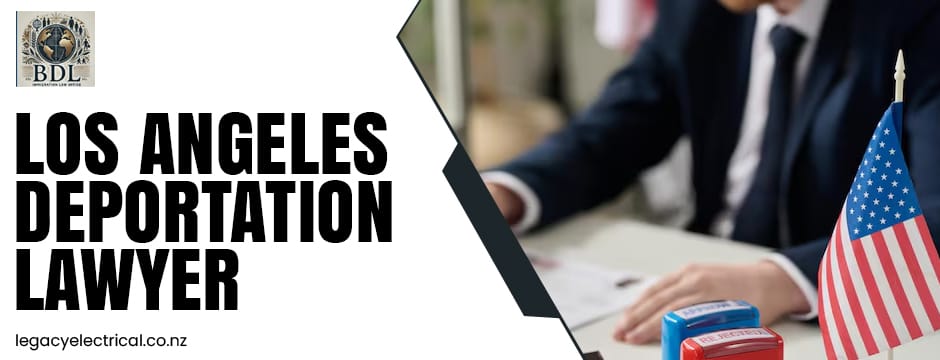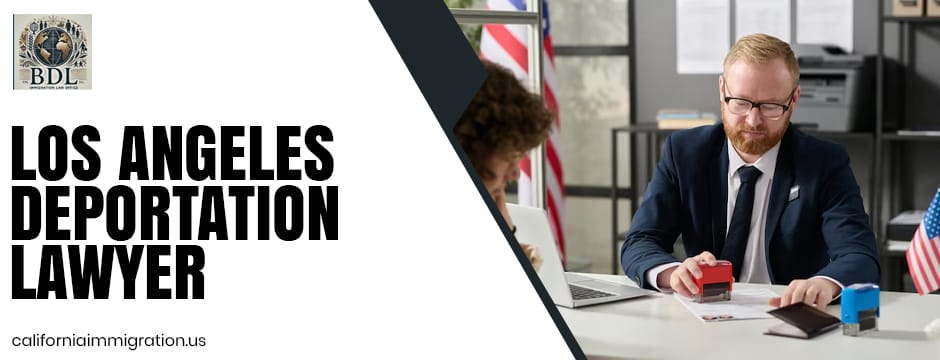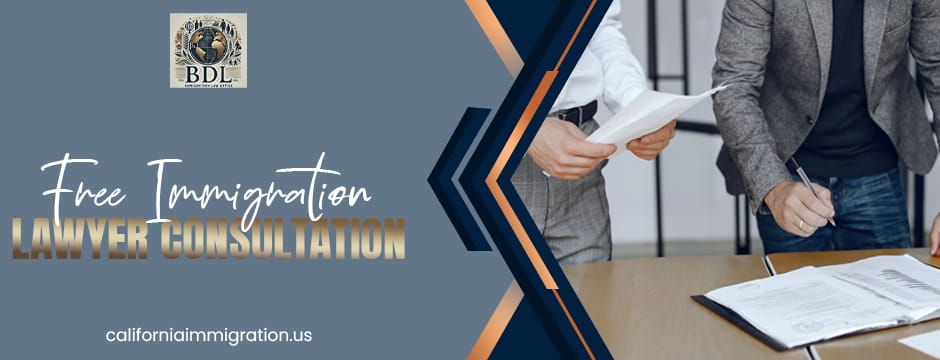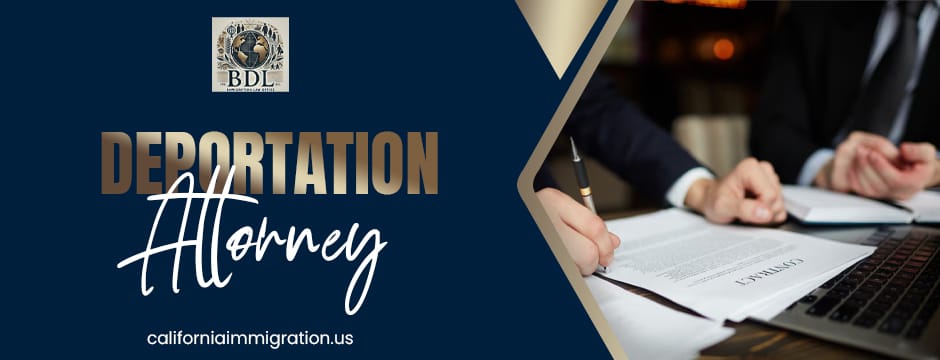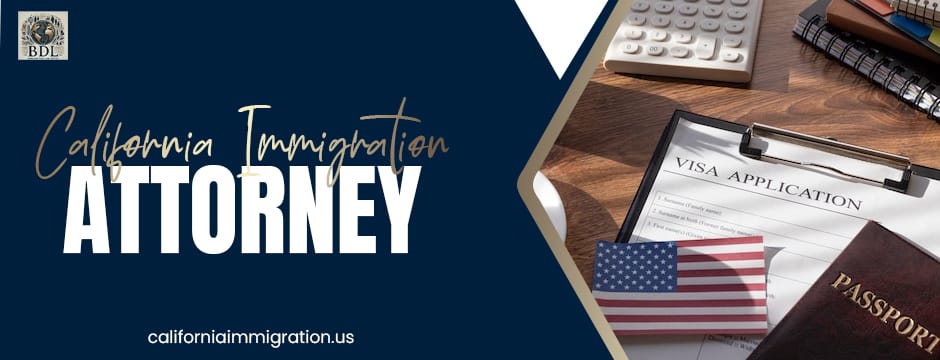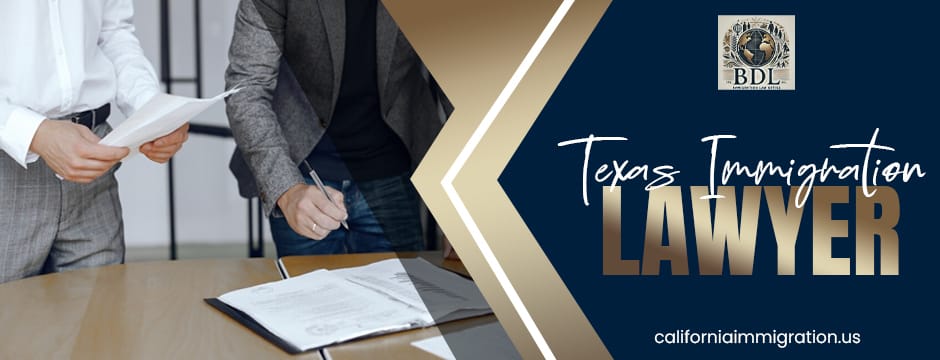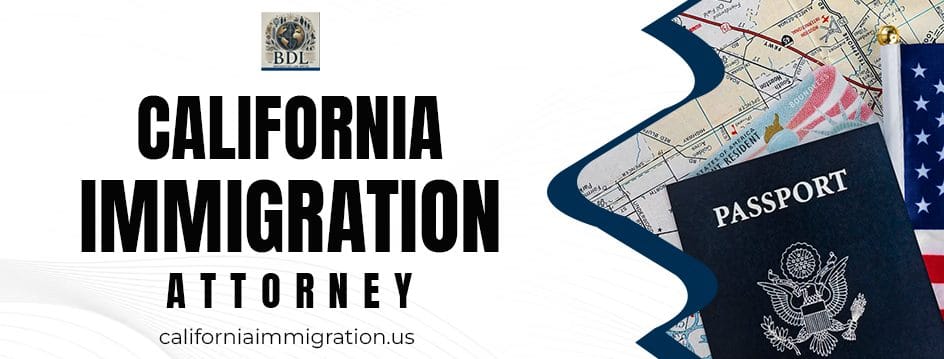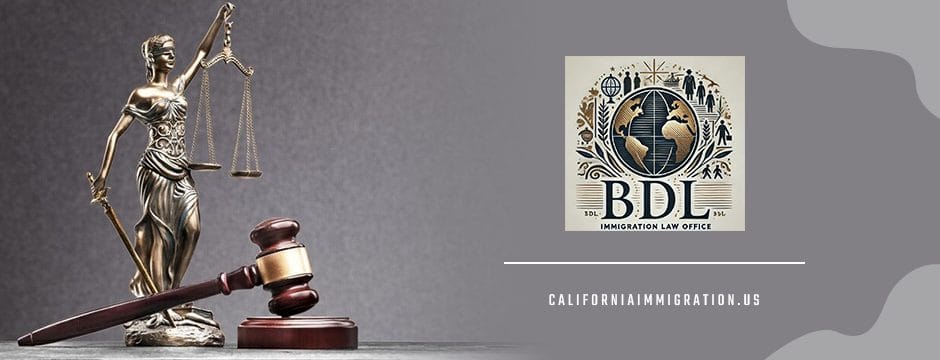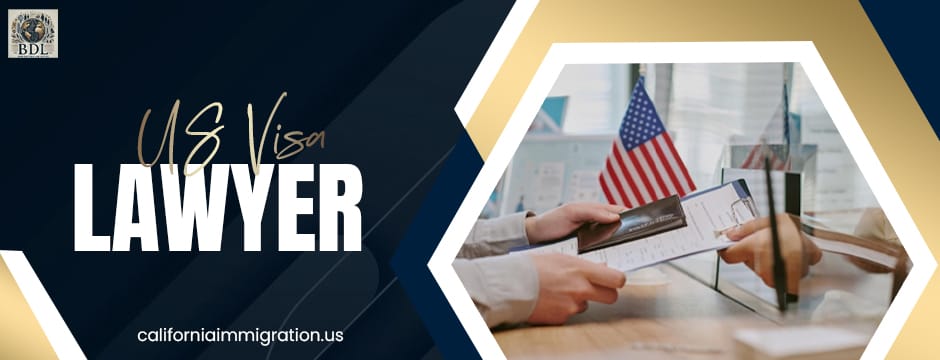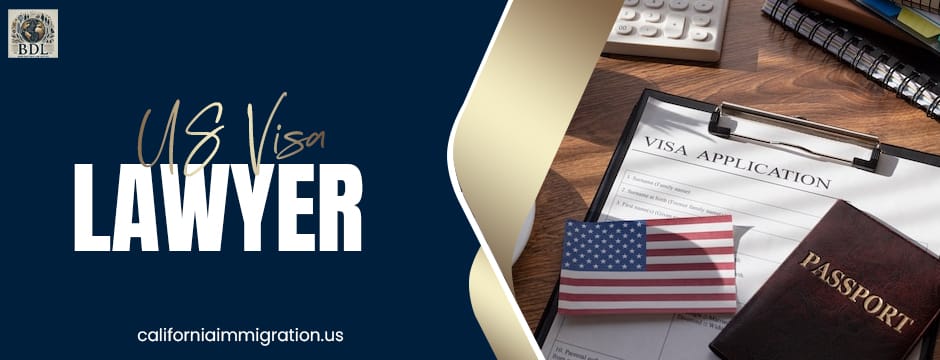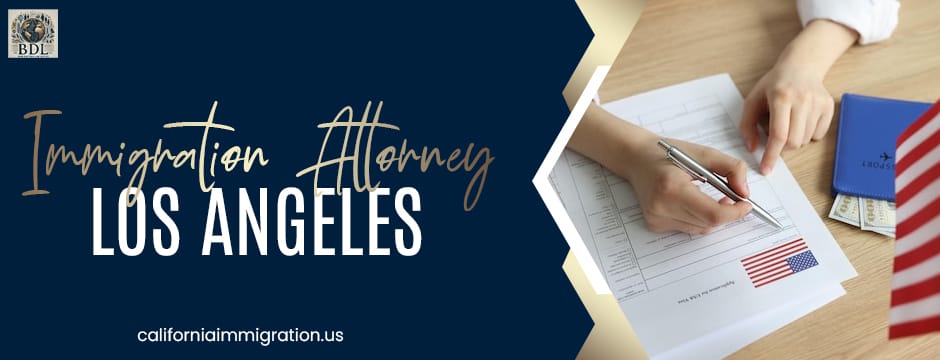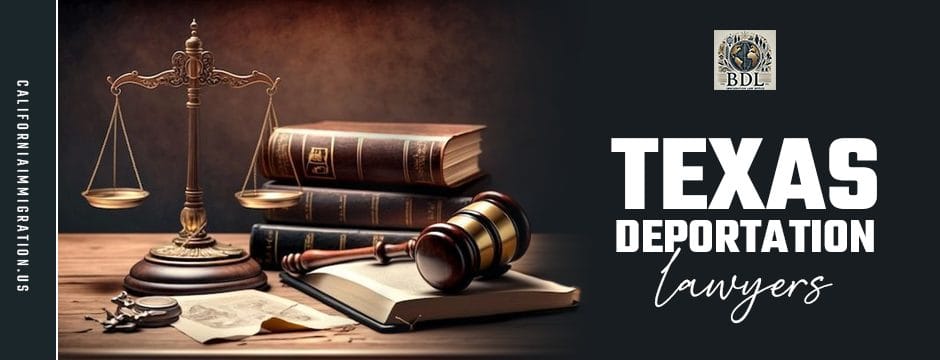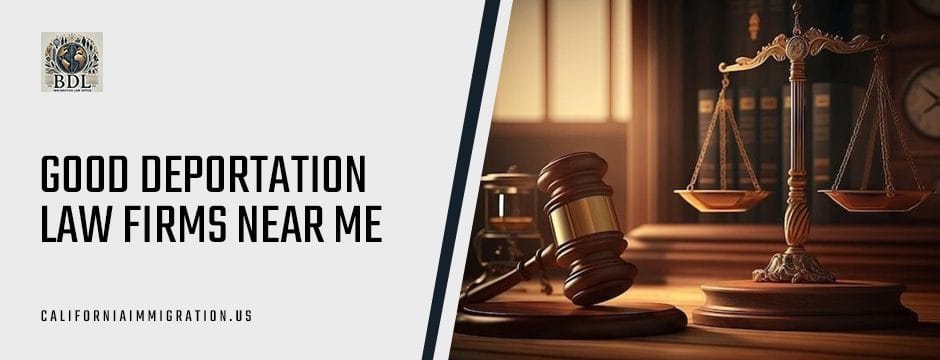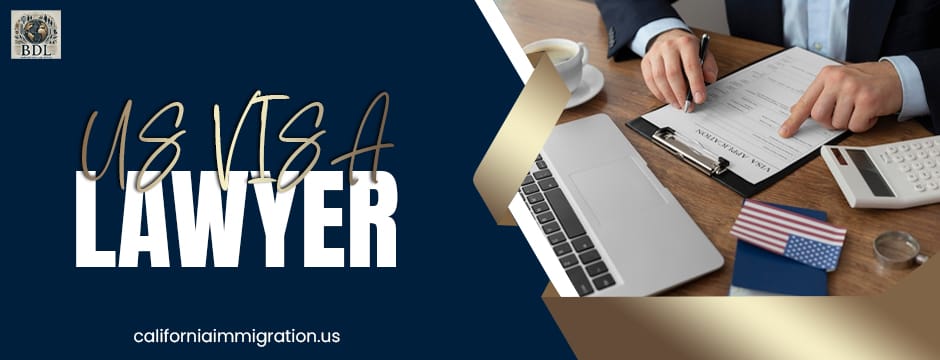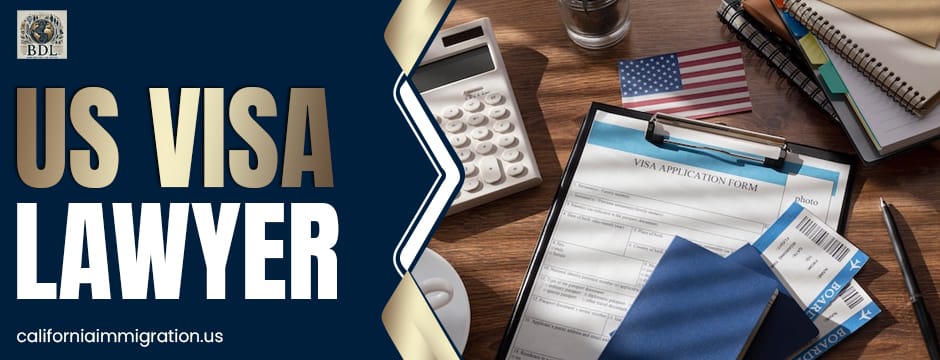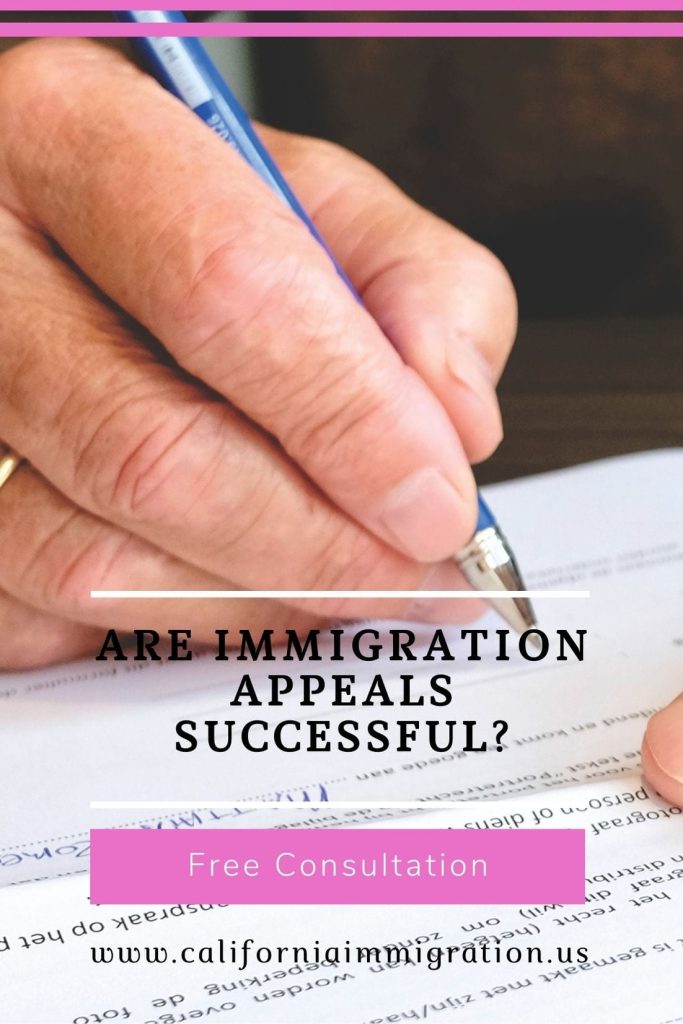Victims of serious crimes in the United States often face more than physical or emotional trauma. Many also experience fear, uncertainty, and confusion about their legal status, especially if they are immigrants. The U Visa was created to protect these individuals by offering temporary legal status and a pathway toward stability for those who assist law enforcement in investigating or prosecuting crimes. However, navigating the U Visa process is complex, detail-oriented, and emotionally demanding.
This is where the best U Visa attorney plays a critical role. From the very first consultation, an experienced attorney becomes both a legal advocate and a source of reassurance. They help victims understand their rights, determine eligibility, gather sensitive documentation, and communicate effectively with law enforcement agencies. Without professional guidance, many applicants risk delays, denials, or unnecessary stress.
A skilled U Visa attorney does more than complete forms. They build a compelling case that reflects the victim’s experience while ensuring full compliance with U.S. immigration laws. Throughout the legal process, they provide clarity, protection, and strategic support, allowing victims to focus on healing and rebuilding their lives. Understanding how the U Visa attorney supports victims can make all the difference in achieving a successful outcome.
Understanding the U Visa and Its Purpose
The U Visa is a non-immigrant visa designed to protect victims of specific crimes, including domestic violence, sexual assault, human trafficking, and other qualifying offenses. Its primary goal is twofold: to support victims and to strengthen cooperation between immigrant communities and law enforcement.
Applicants must demonstrate that they suffered substantial physical or mental abuse and that they were helpful, are helpful, or are likely to be helpful in the investigation or prosecution of the crime. This requirement alone makes the process legally sensitive and emotionally challenging, underscoring the importance of professional legal representation.
Evaluating Eligibility with Care and Accuracy
One of the first ways the best U Visa attorney supports victims is by conducting a thorough eligibility assessment. Not every crime qualifies, and not every situation meets the legal standards required by U.S. Citizenship and Immigration Services (USCIS).
An experienced immigration lawyers California reviews police reports, medical records, personal statements, and any prior immigration history. They identify potential red flags early and advise clients honestly about their chances, helping them avoid false expectations or costly mistakes.
Assisting with Law Enforcement Certification
An essential component of the U Visa application is Form I-918, Supplement B, which is also known as the law enforcement certification. This document confirms the victim’s cooperation with authorities and is often the most difficult part to obtain.
The California immigration attorney acts as a bridge between the victim and law enforcement agencies. They know how to communicate professionally with police departments, prosecutors, and judges while protecting the client’s rights and dignity. This guidance significantly improves the likelihood of securing certification without unnecessary delays.
Preparing a Strong and Compassionate Application
U Visa cases require extensive documentation, including personal declarations that describe traumatic experiences. Many victims struggle to relive these moments or express them clearly.
A skilled attorney helps victims tell their story in a way that is truthful, respectful, and legally effective. They ensure that every form is accurate, deadlines are met, and supporting evidence is well organized. This attention to detail reduces the risk of Requests for Evidence (RFEs) or denials.
Providing Ongoing Legal Protection and Support
The U Visa process can take several years due to annual caps and backlogs. During this time, victims may worry about deportation, employment authorization, or family safety.
The deportation attorneys Los Angeles provide continuous legal support throughout the waiting period. They assist with work permit applications, deferred action requests, and updates on case progress. Most importantly, they offer peace of mind by ensuring the client is never navigating the system alone.
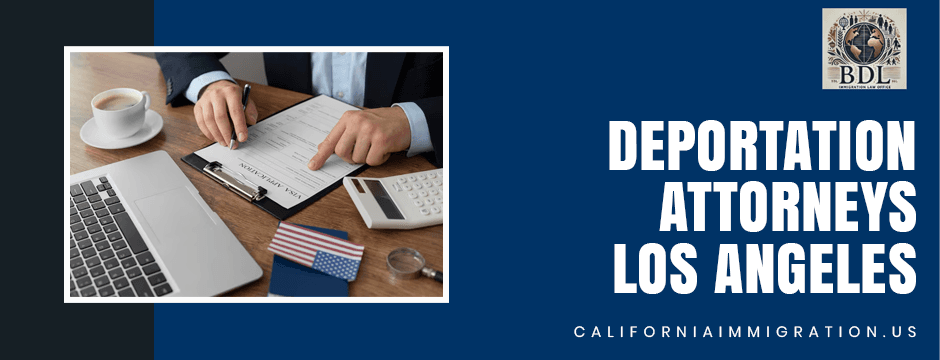
Advocating for Family Members
U Visa holders may be eligible to petition for certain qualifying family members. This aspect of the process is often overlooked but can be life-changing.
An experienced attorney evaluates which relatives qualify and prepares derivative petitions carefully. By doing so, they help reunite families and provide broader protection and stability for victims and their loved ones.
Why California Immigration Is Your Trusted Partner
Navigating the U Visa process requires not only legal expertise but also empathy and dedication. We at California Immigration have a team of highly experienced U Visa attorneys who guide victims every step of the way, from determining eligibility to preparing applications and handling law enforcement certifications.
Our attorneys understand the emotional challenges victims face and provide personalized support, ensuring clients feel informed and secure throughout the process. Whether you are applying for a U Visa, looking for an E2 visa attorney, seeking work authorization, or exploring derivative petitions for family members, our team combines legal skill with care to achieve fruitful outcomes.
End Notes
The journey from victimization to legal protection is never easy, but the right legal support can transform the experience. The best U Visa attorney serves as a trusted advocate, strategist, and protector at every stage of the process. From eligibility evaluation to long-term legal guidance, their role is essential in safeguarding victims’ rights and futures.
If you or someone you know needs compassionate and experienced legal assistance with a U Visa case, can seek support from us at California Immigration. We are dedicated to supporting victims through every step of the legal process with professionalism, care, and expertise, helping you to get the best legal support.
Frequently Asked Questions (FAQs)
1. What does a U Visa attorney do for crime victims?
A U Visa attorney evaluates eligibility, gathers evidence, coordinates law enforcement certification, prepares applications, and provides ongoing legal support to protect victims throughout the immigration process.
2. How long does the U Visa process take?
Due to annual limits and backlogs, U Visa processing can take several years, but applicants may receive work authorization and deferred action while waiting for final approval.
3. Can family members be included in a U Visa application?
Yes, qualifying family members may be included through derivative petitions, allowing them to receive legal protection and immigration benefits alongside the principal applicant.
4. Is law enforcement certification mandatory for a U Visa?
Yes, a signed law enforcement certification is required to confirm the victim’s helpfulness in the investigation or prosecution of a qualifying criminal activity.
5. Can someone with undocumented status apply for a U Visa?
Yes, undocumented immigrants may apply for a U Visa, and certain immigration violations can be waived as part of the application process.


